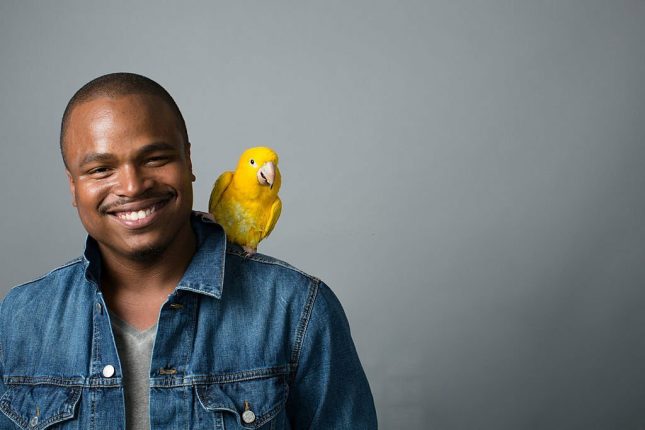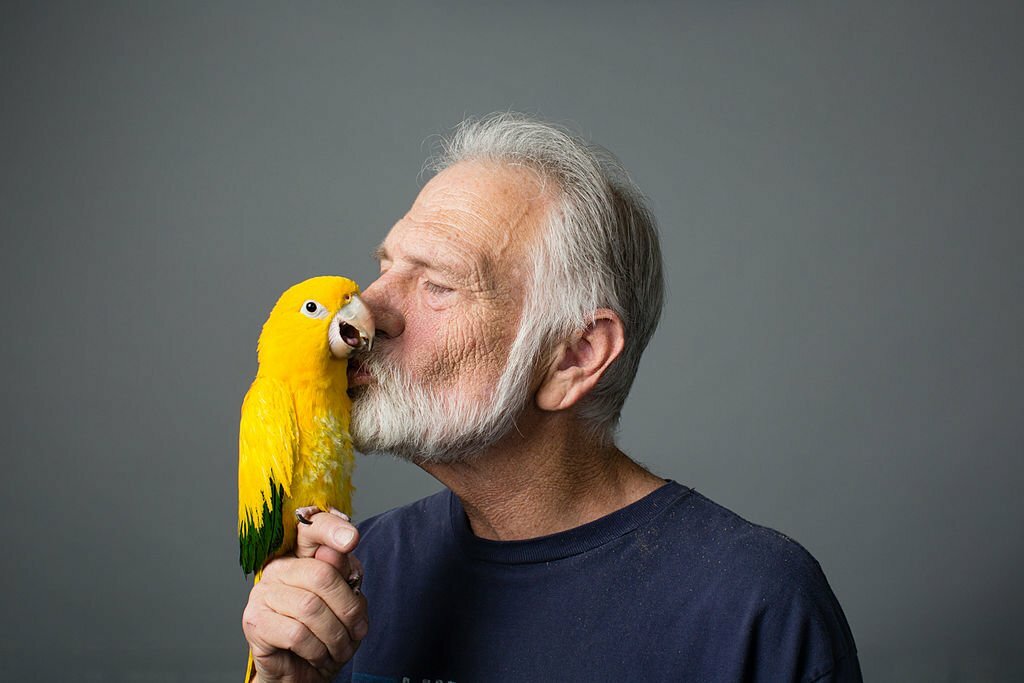Explore the fascinating world of pet birds and their protective instincts. Do pet birds protect their owners? Uncover the truth, anecdotes, and expert insights in this comprehensive article.
Owning a pet bird is more than a delightful companionship; it’s a unique bond that extends beyond chirps and feathers. This article delves into the intriguing question: Do pet birds protect their owners? From affectionate cockatiels to chatty parakeets, let’s unravel the layers of avian guardianship.
| Question | Answer |
|---|---|
| Do pet birds protect their owners? | Yes, pet birds can and do protect their owners in a number of ways. They may alert their owners to danger, defend them from perceived threats, and even provide emotional support. |
Avian Guardianship: A Feathered Shield
Understanding the Protective Instincts
Pet birds, like humans, form strong emotional connections. These bonds can translate into protective instincts, with birds displaying behaviors aimed at safeguarding their owners.
Signs of Protective Behavior
Watch out for subtle cues such as increased vocalization, fluffed feathers, or heightened alertness. These signs often indicate that your feathered friend is tuned into its surroundings, and ready to react to potential threats.
The Role of Species in Protection
Different bird species exhibit varying degrees of protective behavior. While some, like African Greys, are naturally cautious, others, like lovebirds, may showcase protective traits due to their strong attachment to their human companions.

Do Pet Birds Protect Their Owners? Exploring the Dynamics
Bond Between Bird and Owner
The strength of the protective instinct is closely tied to the bond shared between the bird and its owner. Birds that feel secure and loved are more likely to assume a protective role.
Real-life Stories of Avian Heroism
Countless anecdotes highlight pet birds acting as saviors. From warning of impending danger to actively intervening, these stories emphasize the protective nature ingrained in certain avian companions.
Case Studies: Notable Instances of Protection
Delve into documented cases where pet birds have demonstrated protective behaviors, showcasing their ability to perceive danger and respond to it, proving they are more than just charming companions.
Understanding the Limitations
Instinct vs. Training
While protective instincts are inherent, some birds may require training to channel their responses effectively. Learn how to strike a balance between nurturing a protective instinct and maintaining a well-behaved pet. Read also Does WinCo Sell Flowers.
Recognizing Aggressive Behavior
In the pursuit of protection, some birds may display aggression. It’s crucial for bird owners to distinguish between protective behaviors and aggressive tendencies to foster a healthy relationship.
FAQs About Avian Guardianship
Q: Can any bird be trained to be protective?
Q: Do smaller birds exhibit protective behaviors?
Q: Are there specific breeds known for being highly protective?
Q: How can owners encourage protective behaviors in their birds?
Q: Can a bird’s protective behavior become problematic?
Q: Do male and female birds exhibit different protective instincts?
Final Words
In Final Words, the question “Do pet birds protect their owners?” unveils a complex interplay of instincts, bonds, and training. As bird enthusiasts, understanding and respecting these nuances enrich the companionship with our feathered friends.




